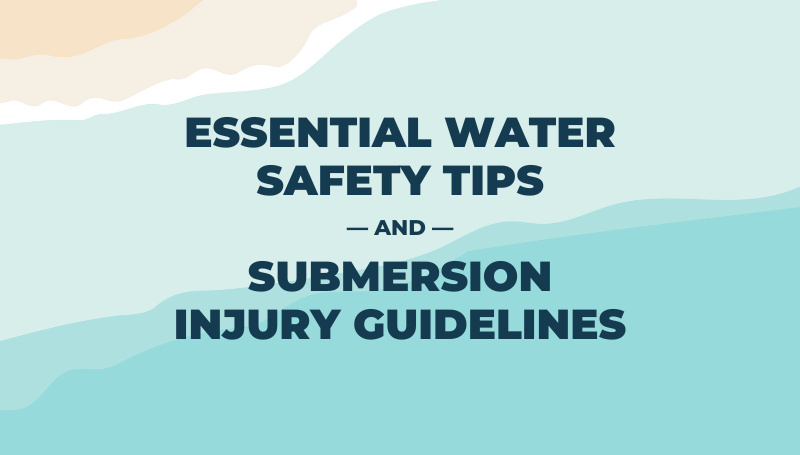
In part one of our investigation into the relationship between sleep and your memory, we learned that knowledge is cemented into our memory through a process called consolidation. Let’s take a closer look into the science that proved this theory.
Starting in 2004, a flurry of studies started to provide new insights into the role of sleep in memory and learning. Targeting the previously under-researched cycle of sleep known as NREM (non-REM) or “slow-wave” sleep, these studies focused on spikes of electrical activity appearing on participant EEGs called “sleep spindles.” The number and density of these spindles correlate to mental activity and learning. But the most interesting part of these studies is the revelation that sleep spindles are associated with integrating new information into our existing body of knowledge. This research has helped to answer the question of ‘what,’ though the question of ‘how’ remains a mystery.
| Sleep Spindle Quick Facts | |
| Each spindle lasts about a second. | |
| There can be as many as a thousand spindles in a night’s sleep. | |
| Spindles increase during periods of learning. | |
| Spindles decline with old age. |
In a 2010 study, subjects who spent more time in various sleep stages had more spindle activity and showed improvement in recall/recognition tasks—though it is nearly impossible to manage the number of sleep spindles you have when you’re snoozing. But the research doesn’t end with slow-wave sleep. Additional studies have also brought light to the importance of REM sleep—the dream cycle—in knowledge integration. When it comes to learning, there does not appear to be any part of the sleep cycle that is expendable.
What is the takeaway here? Medical education is ongoing. If you stop learning, your practice will suffer. And if you cut down on sleep, you cut down on learning. So, make a point of getting sleep after you refresh your knowledge or learn something new. You’ll not only feel better, you’ll end up knowing more.


